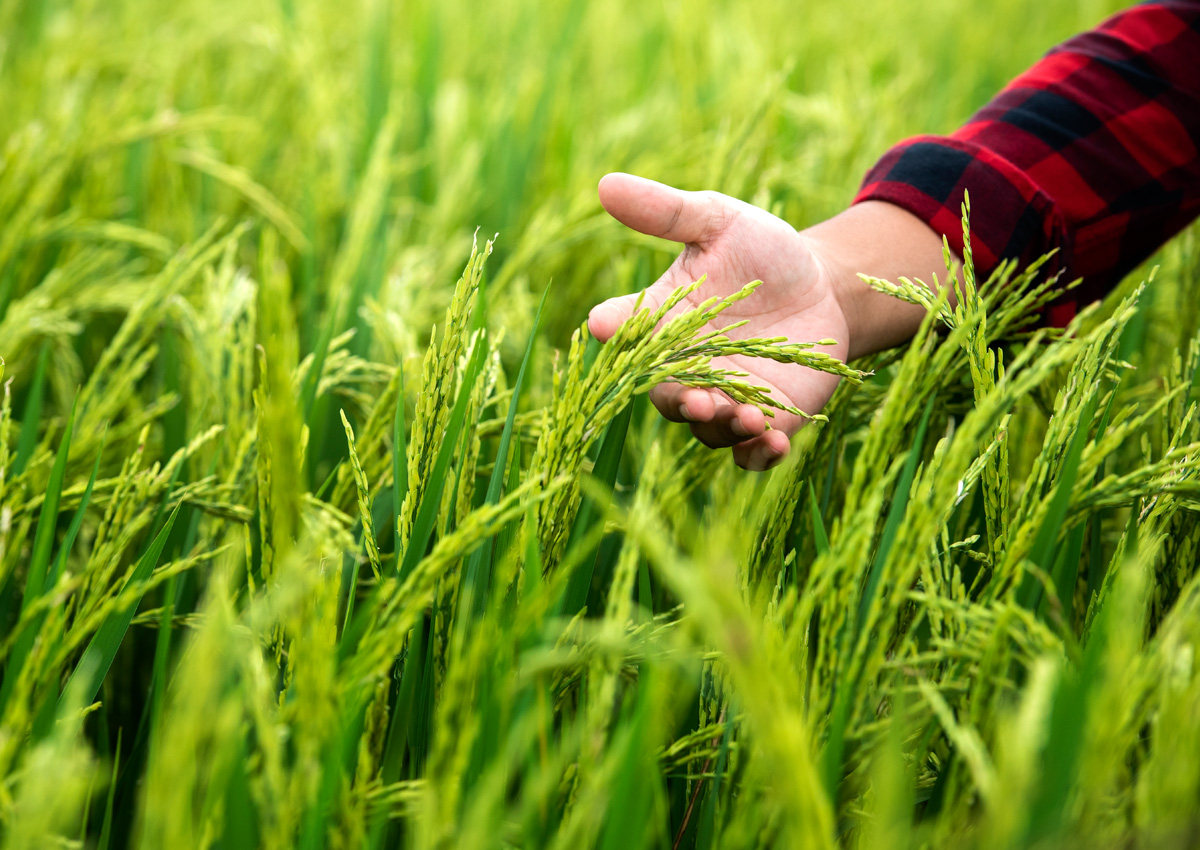
Research Finds GM Rice Key to Tackling Food Shortages Caused by Climate Change
January 18, 2023| |
A new study from the University of Sheffield reveals that genetically modifying rice for better salt tolerance could allow it to be grown in places it would otherwise fail, making the crop adapted to survive in environments that have become harsher due to climate change and also help tackle global food insecurity.
As sea levels rise as a result of climate change, saltwater floods more land and destroys crops that cannot cope with increased salinity. Rice is one of the most affected crops and is becoming harder to grow due to increasing saltwater interference. A research group from the University of Sheffield's Institute for Sustainable Food revealed that genetically modifying rice to reduce the number of stomata makes it more salt resistant. A previous study by Sheffield scientists found that reducing the number and size of stomata in rice plants allows them to use up to 40 percent less water, making them hugely beneficial in places prone to drought. These findings, along with new results, mean that rice can be adapted to harsh environments.
The researchers also discovered that reducing the number and size of stomata could make rice harder to grow in extremely hot temperatures. The research team notes that to make sure that rice grows as effectively as possible in different countries and environments, different modifications need to be made, such as rice with fewer, larger stomata is better suited to grow in extremely warm temperatures.
For more details, read the article in the University of Sheffield News.
| |
You might also like:
- Agriculture Startup to Grow Rice in the Ocean Using CRISPR
- Research Team Discovers Strategy to Make Plants More Salt Tolerant
- Meta-analysis Detect Candidate Rice Genes Involved in Salt Tolerance
Biotech Updates is a weekly newsletter of ISAAA, a not-for-profit organization. It is distributed for free to over 22,000 subscribers worldwide to inform them about the key developments in biosciences, especially in biotechnology. Your support will help us in our mission to feed the world with knowledge. You can help by donating as little as $10.
-
See more articles:
-
News from Around the World
- Nations Tackle Strategies in Transforming Agrifood Systems
- Rice Breeding Breakthrough Could Help Feed Billions
- China Develops High Dual Herbicide Tolerant Maize
- Yuan Longping Hi-Tech's GM Corn and Soybean Receive Biosafety Certificates
- China Approves 8 New GM Crops; Renews Approvals for 2 More
- B-SAFE Webinar Series: Biotechnology Applications and Impact on the Philippine Livestock Industry
- Research Finds GM Rice Key to Tackling Food Shortages Caused by Climate Change
-
Research Highlights
- Bt Rice in China Unlikely to Increase Unintended Ecological Risk
-
Read the latest: - Biotech Updates (December 17, 2025)
- Gene Editing Supplement (December 17, 2025)
- Gene Drive Supplement (February 22, 2023)
-
Subscribe to BU: - Share
- Tweet

